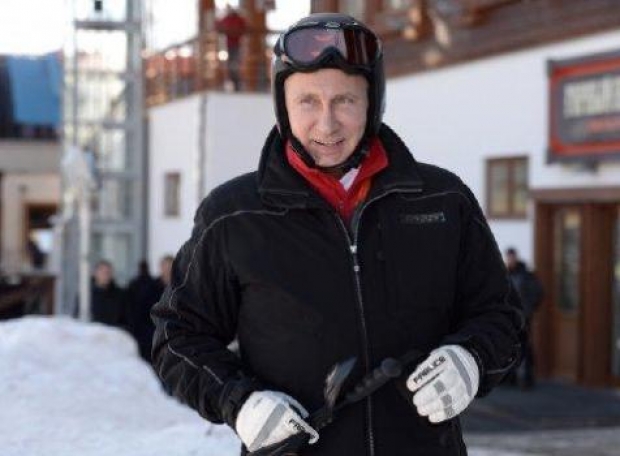When the Olympics were hacked, fingers were initially pointed at North Korea, however it was pointed out that North Korea was making a PR coup by teaming up with South Korea for the games and hacking them was not in its best interest.
Russian on the other had had to face the fact that a big chunk of its team had been banned due to an earlier doping scandal. The Russian team was banned from the 2018 Winter Games due to a state-run doping scandal at the 2014 Sochi Olympics. Russian athletes who had proved they were clean were allowed to compete as Olympic Athletes from Russia under the neutral Olympic flag, but the Russian flag and Russian anthem were banned from the Games.
Now evidence is now a bit clearer that it was the Russians carried out the hack as revenge.
According to a report in The Washington Post on Sunday, Russian spies were responsible for the Winter Olympics cyber attack during the opening ceremonies. The Post cited US intelligence officials, who said the Russians tried to make the hack appear to be initiated by North Korea.
They did so while trying to make it appear as though the intrusion was conducted by North Korea, what is known as a "false-flag" operation, said two U.S. officials who spoke on the condition of anonymity to discuss a sensitive matter.
Officials in PyeongChang acknowledged that the Games were hit by a cyberattack during the Feb. 9 Opening Ceremonies but had refused to confirm whether Russia was responsible. That evening there were disruptions to the Internet, broadcast systems and the Olympics website. Many attendees were unable to print their tickets for the ceremony, resulting in empty seats.




